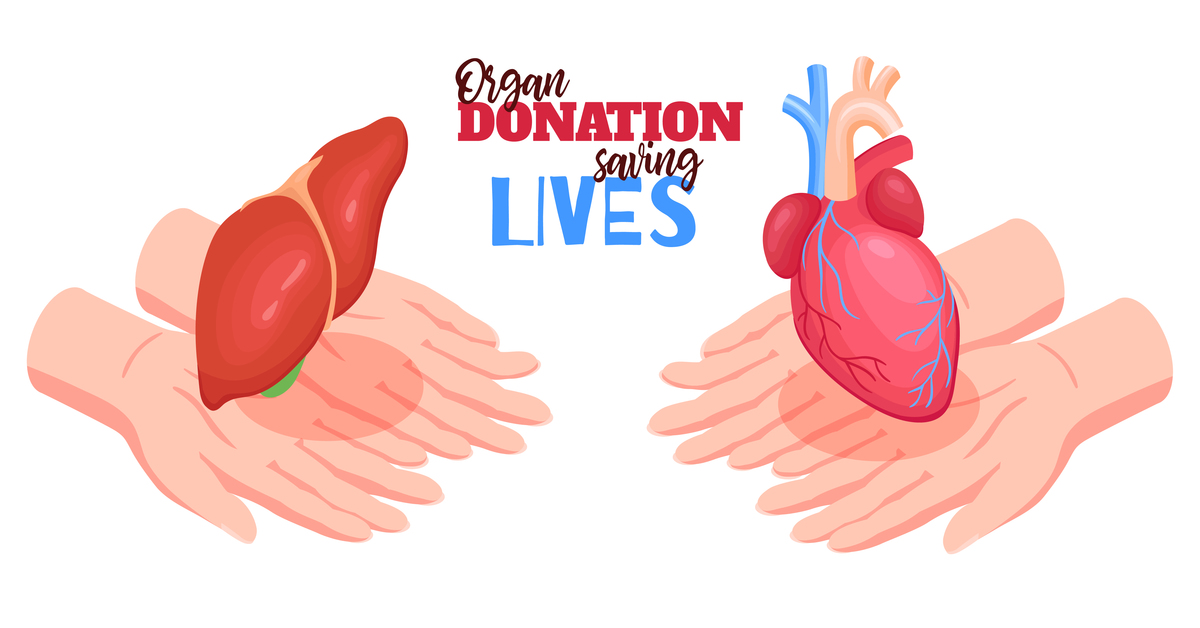The liver is probably the most underrated organ of the human body. This vital organ silently performs around five hundred different activities, including filtration of toxins, from the blood, production of bile, storage of vitamins, to name a few. Our liver is also responsible for the metabolism of the drugs.
In short, the liver facilitates seamless functioning of the body and protects us from toxins and viruses. In serious liver diseases such as liver failure or liver cirrhosis, a liver transplant surgery may be necessary to enhance survival while fueling the body to perform a plethora of day-to-day functions.
Liver transplantation – the only hope in liver failure
The liver is a vital organ and the most exceptional organ of our body as it can grow back to the original size even if a portion is removed. They leverage this unique property in the donation of liver because the donor’s liver will regenerate to the original size.
We can safely remove as much as seventy percent liver with no serious complications. Similarly, the transplanted portion will regrow to the normal size in the recipient’s body. This may appear as a plot straight out of a sci-fi Hollywood movie, but these complex surgeries are regularly being performed in leading hospitals in India, including the best liver transplant hospital in Coimbatore.
We can prolong the functioning of kidneys by using dialysis treatment until we identify the kidney donor. Immediate availability of a liver donor is of paramount importance, as no procedure can extend the function of a liver in the event of liver failure.
Liver donation – crucial aspects of liver transplant
Liver donation is necessary to help a patient with diseased liver survive. There are two types of liver donations, including a donation by a living donor and a deceased donor. A liver transplant surgeon surgically removes a portion of the liver of a living donor for subsequent transplantation. With a cadaveric donation, they donate the entire liver of a person whose brain has stopped functioning, but the heart is still beating.
The two types of liver donations are Living Liver Donation and Cadaveric or deceased Liver Donation, respectively.
Since the liver can regenerate itself, donation of a liver is a safe and well-accepted norm. Donors can resume normal life after a couple of months with no untoward complications.
Major advantages of liver donation
As mentioned earlier, Living Liver Donation has become a standard practice mainly because chances of finding a brain-dead person for liver donation are extremely rare. Liver transplantation has to be planned before there is extensive damage to the patient’s liver. This is possible if the liver is going to be donated by a living individual.
The possibility of matching the right donor is very high because there are only two critical factors, including the blood group and the overall physique, that are required to match. There is a considerable improvement in the overall health status of both the donor and recipient after the successful liver transplantation surgery.
Considering a liver donation
Medical assessment and evaluation of the donor are essential to rule out any medical complications after the surgical removal of the liver. This is also vital from the recipient’s point of view.
An ideal donor should not have diabetes or heart problems, and the blood group must match with that of the recipient. Besides, a thorough medical evaluation is done by performing several investigations such as stress test, liver function test, and other imaging tests, including CT or MRI.
An eminent liver transplant surgeon does surgical removal of the part of the liver. The surgeon will also assess anatomical parameters of the liver to ensure the safety of the recipient. Donor stays in the hospital for a period of up to ten days and can take food and walk around right after the first day.
Knowing key risks factors of liver donation
Donating a liver is by itself a noble act as the donor is not only donating part of the vital organ but a new life to the recipient. The chances of any serious complications after the surgery to remove a part of the liver are almost negligible. One may experience some issues such as bleeding or infection. However, proper treatment can take that care of these issues.
We rarely find some other complications associated with the heart and lung in donors. There is a remote risk of hernia at the surgical site, which is corrected by surgical treatment.
Overall, the risks after liver donation are mild and can be reversed by proper therapeutic or surgical treatment by the best liver doctor in Coimbatore. The best way to minimize these risks is to make sure that the donor has been properly selected and medically assessed.
Knowing important legal aspects of liver donation
Indian law recognizes liver transplantation and also prevents commercial dealings between a donor and recipient. According to the act, no donor should be below 18 years of age during the removal of an organ.
A registered medical practitioner must perform the surgery in a registered medical facility or a hospital. The donor has to be someone from the patient’s family, such as a wife or husband, father, mother, or an elder son or daughter.
There are stringent provisions of penalties and jail sentences if the donor has accepted money in return for the organ. Selfless individuals should consider donating liver to help the patient receive a new lease on life.


 Home
Home








